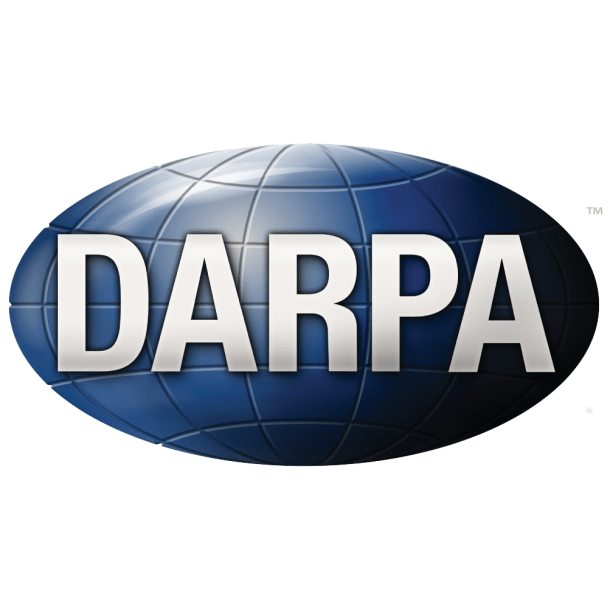DARPA Kicks Off Program to Advance Quantum Computing

(HPCWire.com) DARPA has selected seven university and industry teams for the first phase of the Optimization with Noisy Intermediate-Scale Quantum devices (ONISQ) program. Phase 1 of the program began in March and will last 18 months.
ONISQ aims to exploit quantum information processing before universal fault-tolerant quantum computers are realized, which isn’t expected for many years. The program is pursuing a hybrid concept that combines intermediate-sized quantum devices (hundreds to thousands of quantum bits, or qubits) with classical computing systems to solve a particularly challenging set of problems known as combinatorial optimization.
Image courtesy of DARPA.
ONISQ seeks to demonstrate a quantitative advantage of quantum information processing by leapfrogging the performance of classical-only systems in solving optimization challenges. If successful, ONISQ could be applied to optimization problems of interest to defense and commercial industry, such as global logistics management, electronics manufacturing, and protein-folding.
For sixty years, DARPA has held to a singular and enduring mission: to make pivotal investments in breakthrough technologies for national security. The genesis of that mission and of DARPA itself dates to the launch of Sputnik in 1957, and a commitment by the United States that, from that time forward, it would be the initiator and not the victim of strategic technological surprises. Working with innovators inside and outside of government, DARPA has repeatedly delivered on that mission, transforming revolutionary concepts and even seeming impossibilities into practical capabilities. The ultimate results have included not only game-changing military capabilities such as precision weapons and stealth technology, but also such icons of modern civilian society such as the Internet, automated voice recognition and language translation, and Global Positioning System receivers small enough to embed in myriad consumer devices.



















